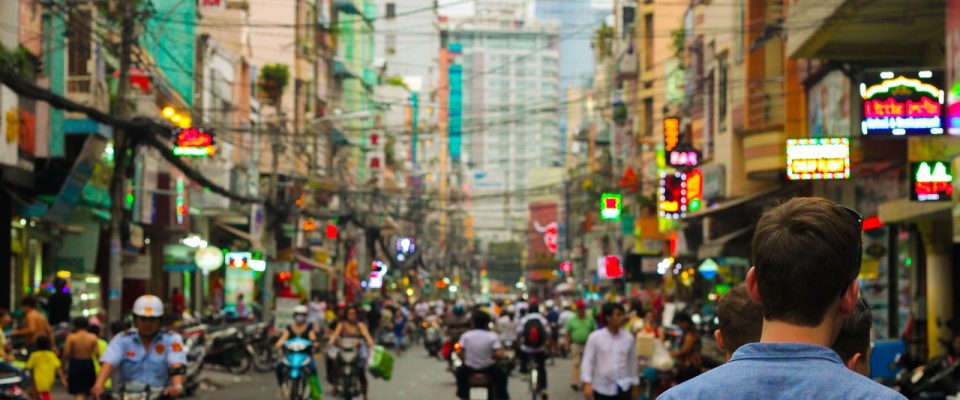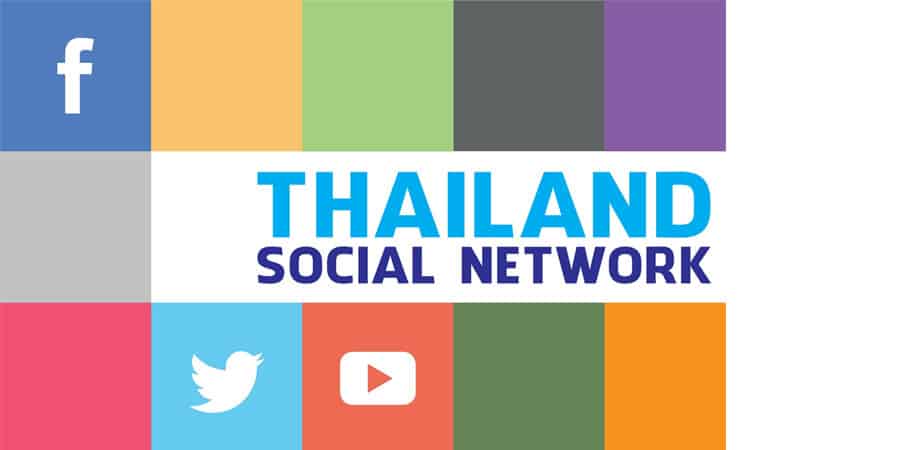Not only Taiwan and South Korea have developed creative solutions to contain the virus. In Thailand, partners of the Friedrich Naumann Foundation have launched innovative projects.
Thailand’s social networks are full of false news regarding Covid-19: “Vegetarians and vegans cannot be infected,” it says. Or also: “China has developed a quick test that only takes 15 minutes and has a 99 percent accuracy.
Many of the reports sound absurd. Nevertheless, they are spreading rapidly in Thailand’s social networks and messenger services. The World Health Organization (WHO) already speaks of a global “infodemia” with serious consequences. Because the disease can only be contained with the help of the population, false reports prevent effective control of the disease.
But there is a countermovement. In Thailand, media, social enterprises and volunteers have joined forces to end the information chaos – also with the support of the Friedrich Naumann Foundation for Freedom. The digital initiatives not only educate the population. They even collect anonymous health information and forward it to the authorities. The many projects show that it is not only typical pioneers such as South Korea and Singapore that are taking innovative approaches to crisis management. Emerging markets such as Thailand are also worth a look.
Example: False messages: With the chatbot “Cofact”, which was launched two weeks ago, users can have messages received via messenger services checked. You simply forward the message to the chatbot, which then accesses a fake news database and tells users whether the message is right or wrong.
The database is fed by students of the Maejo University Chiang Mai. But professional journalists also check the facts, among others from the medical journal HFocus. In the future, Cofact will also check social and political news. In view of the crisis, however, the teams are currently concentrating mainly on false reports about the pandemic. The fact-checkers have already identified around 120 false reports concerning Covid-19. Up to ten are added every day.
The Friedrich Naumann Foundation for Freedom supports the establishment of the platform. Last year, the participants came together at a conference organised by the Foundation on the subject of disinformation. Among them are several universities, media as well as the public “Thai Media Fund” for the promotion of media competence.
“We have become the central point of contact when it comes to bringing together experts and interested parties on the subject of disinformation,” says Pimrapaat Dusadeeisariyakul, FNF Programme Manager in Thailand. The chatbot is based on a program originally developed in Taiwan and translated by the Thai FNF partner Change Fusion, a social enterprise.
The civil society project Cofact is also a balance to the government’s controversial “anti-fake news centre”. Critics fear that Center could be misused to discredit government criticism as fake news. Particularly in times of crisis it is important to be vigilant. Prime Minister Prayuth Chan-ocha has declared a state of emergency in Thailand. Among other things, this gives it the power to control the media even more.
Due to the pandemic, everyday life in Thailand is already very limited. The virus spreads slowly but continuously. Although the authorities have registered less than 2,000 cases to date, the number of cases is still too low. However, experts expect a high number of unreported cases because the country’s testing capacities are limited. In the country with almost 70 million inhabitants, less than 1,000 people are tested every day. In Germany, the figure is several tens of thousands per day.
Creative solutions from civil society are urgently needed. The Sabaidee project, initiated by the long-standing FNF cooperation partner Open Dream, for example, could help. Users can save their state of health and possible symptoms via the smartphone. The programme then forwards the data anonymously to the Thai disease control authority. As soon as the database is even more dense, an algorithm is to evaluate and map where a new corona hotspot might be located.
More than 30,000 users are already participating in the project. In this way they not only help the general public, but also benefit themselves. The system informs them if a test would be advisable due to the symptoms entered and where they could be tested. They also receive a warning if a massive outbreak has occurred nearby.
The Thais even have the possibility to follow the development of the number of cases in their direct neighbourhood – a private initiative is also responsible for this. The software company 5Lab has made a digital card into which it enters each new case. The company obtains the data for its covid tracker from the Ministry of Health. Local initiatives, including the FNF partner Digital4Peace, offer similar cards at local level.
The interest in these offers is enormous. According to the 5Lab, 50,000 people per minute accessed the “Covid Tracker” at the highlights. The number shows how great the uncertainty within the population is. The digital solutions should create transparency, hopes 5Lab founder Ramida “Jennie” Juengpaisal in an interview with the local press: “Too much panic only causes us problems.


